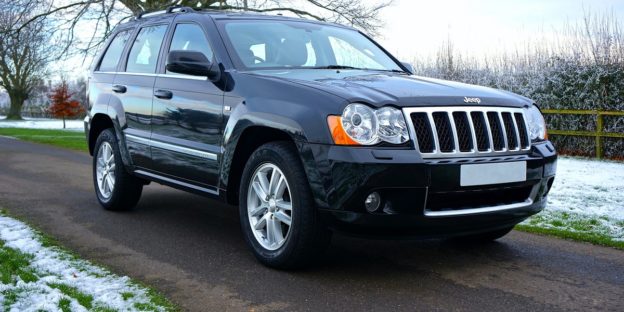Having bad credit can sometimes feel like an insurmountable obstacle, especially when it comes to major purchases like buying a car. However, the good news is that bad credit won’t necessarily prevent you from getting the vehicle you need. It could make things harder, and you may have to be open to other options, but it can definitely be done.
Let’s look at the options and strategies available to individuals with less-than-perfect credit scores, empowering you to navigate the car-buying process with confidence and optimism.
Specialized Dealerships
There are dealerships and financial institutions that specialize in working with individuals with bad credit. These entities understand that credit scores don’t define a person’s ability to make timely payments. They often offer financing options tailored to those with less-than-ideal credit histories, making it possible for you to drive away with a reliable car.
Cosigner Assistance
Having a cosigner with a good credit history can significantly increase your chances of securing a car loan. A cosigner essentially vouches for your ability to make payments, providing lenders with the assurance they need. This added security often results in better loan terms and lower interest rates, making the car more affordable in the long run.
Repossessed Vehicles
When borrowers can’t make the payments on their vehicles, lenders take them away and sell them to recoup their losses. You can score a great deal on a car this way, reducing your monthly payments. Furthermore, since you’re buying the car directly from a bank or credit union, you can negotiate the best financing.
Consider Used Cars
Opting for a reliable used car instead of a brand-new vehicle can often make financing more accessible. Used cars typically have a lower price tag, meaning smaller loan amounts, which can be more manageable for individuals with bad credit. Plus, many used cars still offer excellent reliability and performance.
Focus on Subprime Lenders
Subprime lenders specialize in providing loans to people with poor or limited credit histories. They assess loan applications based on various factors, not just credit scores. Demonstrating stable employment, a consistent income and a reasonable down payment can significantly improve your chances of approval with a subprime lender.
Work on Rebuilding Credit
While you may secure financing with bad credit, it’s essential to view this opportunity as a stepping stone toward rebuilding your credit. Making timely payments on your car loan can positively impact your credit score over time. As your credit improves, you’ll have access to better loan terms in the future.
Get Financing and a Cheap Car
Having bad credit might present challenges, but it should never stand in the way of your ability to own a reliable car. To browse a great selection of repossessed vehicles, visit RepoFinder.com today. Our inventory is always changing, so check back often to find the perfect car for you!











